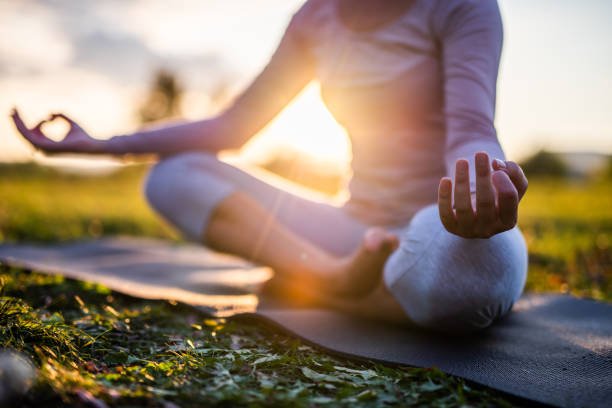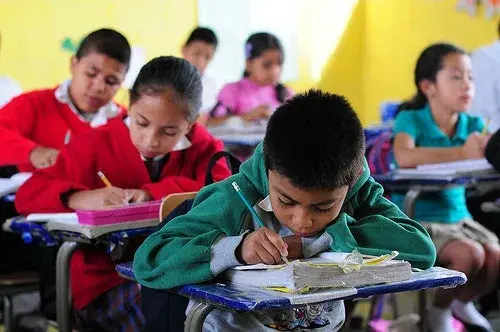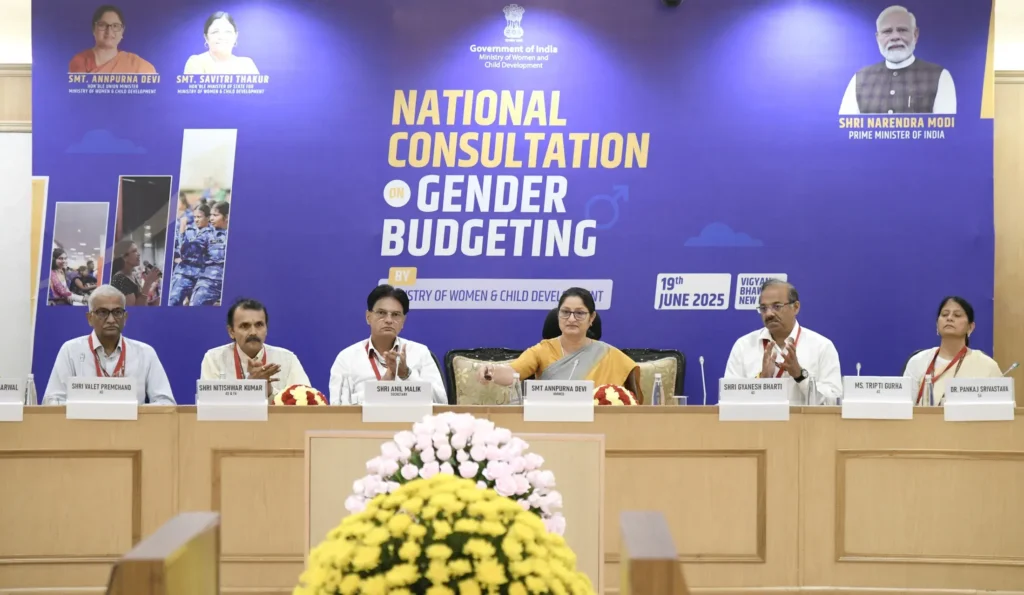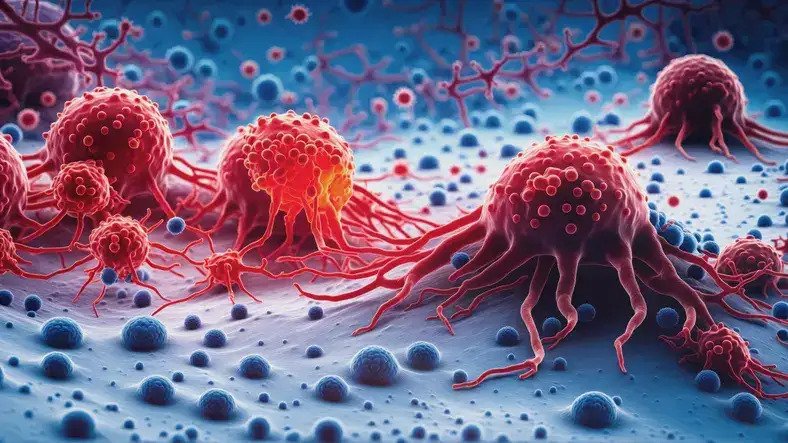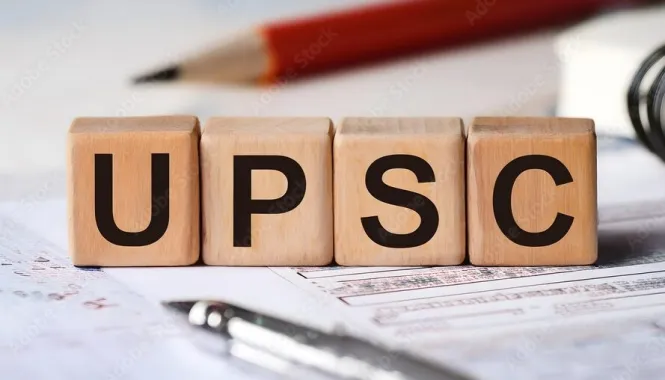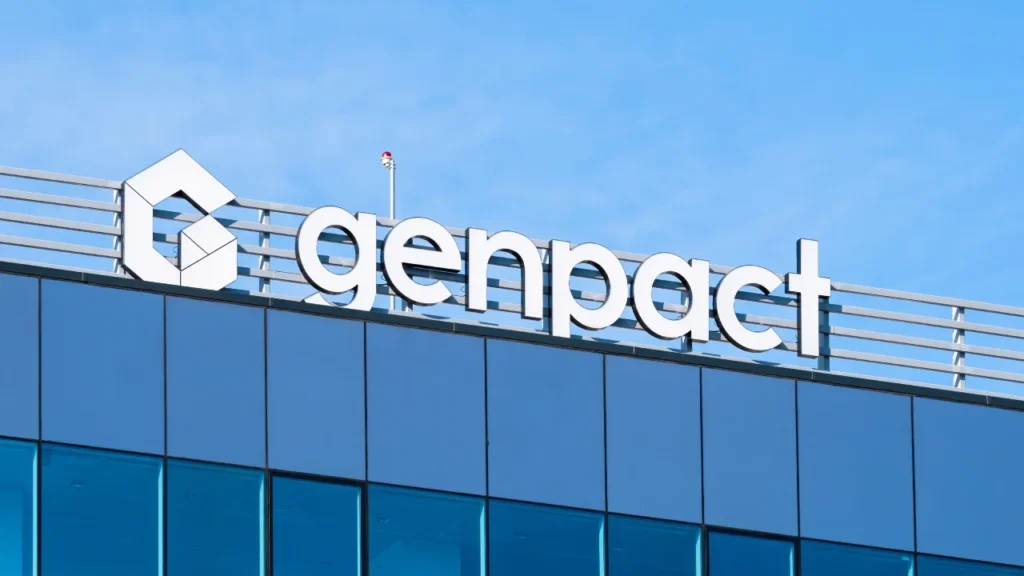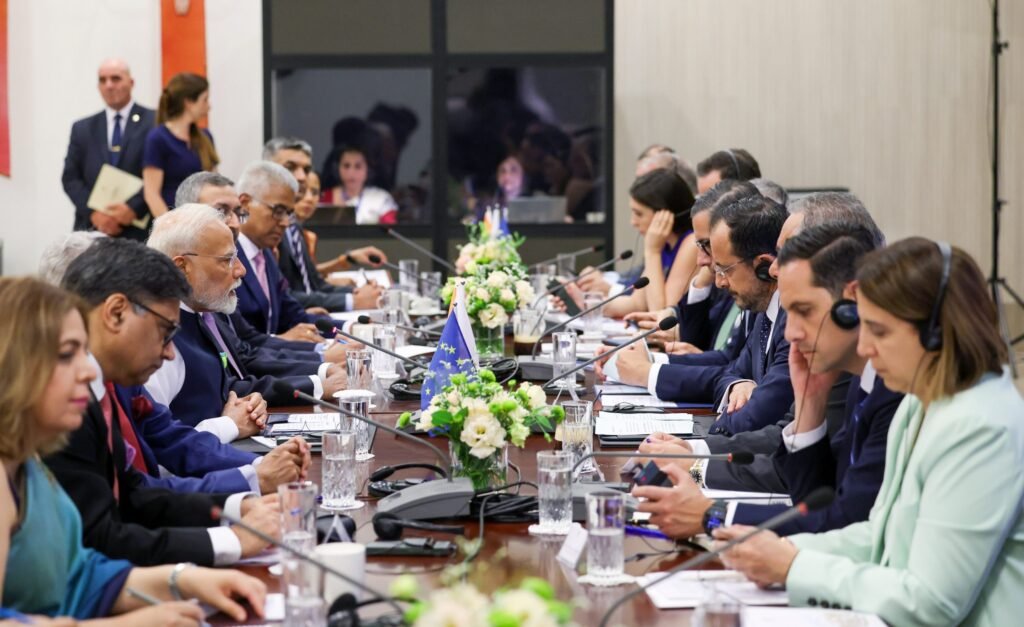Yoga and Health: A Timeless Practice for Modern Well-being
In an age where chronic stress, lifestyle diseases, and burnout have become the new normal, the ancient practice of yoga offers a powerful antidote — a holistic approach to health that nurtures the body, calms the mind, and uplifts the spirit. Far more than a form of physical exercise, yoga is a science of well-being, offering preventive, promotive, and even therapeutic benefits that align perfectly with the evolving focus on whole-person health. As we grow more aware of the deep connections between physical, mental, emotional, and social wellness, yoga emerges not as a trend — but a timeless tool for healing. The Foundations of Yoga: Health Beyond the Physical Yoga, derived from the Sanskrit word “yuj” meaning to unite, is designed to create harmony between the body and the mind. At its core, yoga is about balance — balancing movement and stillness, breath and awareness, strength and surrender. Unlike quick-fix health fads, yoga encourages long-term, sustainable well-being through a series of practices: Asana (postures): Improve mobility, strength, posture, and circulation. Pranayama (breathing exercises): Regulate energy, reduce stress, and enhance lung function. Dhyana (meditation): Cultivate clarity, emotional regulation, and mental resilience. Lifestyle and ethics (yamas & niyamas): Encourage self-discipline, mindful habits, and inner peace. These elements work together to support health at multiple levels — physical, psychological, emotional, and even social. Yoga and Preventive Healthcare Yoga is not just for those seeking flexibility or stress relief — it’s increasingly recognized by health professionals and institutions as a preventive health strategy. Here’s how it supports different facets of wellness: Cardiovascular Health Lowers blood pressure and resting heart rate Improves heart rate variability and circulation Reduces risk factors associated with hypertension and heart disease Mental Health Reduces anxiety, depression, and symptoms of trauma Balances mood by regulating cortisol and other stress hormones Increases mindfulness and self-awareness, key to emotional regulation Respiratory and Immune Function Enhances lung capacity and oxygenation through conscious breathing Supports immune resilience by reducing inflammation and stress Musculoskeletal Health Improves joint health, flexibility, and muscular strength Relieves chronic pain (especially back, neck, and joint issues) Enhances balance and body awareness, reducing risk of falls Sleep and Digestive Health Encourages better sleep patterns and reduces insomnia Stimulates parasympathetic response for improved digestion The Mind-Body Connection: Why Yoga Works The practice of yoga activates the parasympathetic nervous system — also known as the “rest and digest” mode — which helps the body recover from chronic stress. In contrast to high-impact workouts that raise adrenaline levels, yoga encourages calm alertness, helping practitioners stay grounded and focused. This mind-body integration supports not only disease prevention but also faster healing, better coping mechanisms, and a stronger sense of control over one’s health. In fact, many hospitals and integrative health clinics now prescribe yoga alongside conventional treatment for: Diabetes Arthritis Asthma Depression Hypertension Rehabilitation post-surgery or injury Making Yoga a Part of Your Daily Health Routine You don’t need to commit hours or master advanced poses to benefit. The key is consistency and intention. Here’s how you can begin: Start with 15–20 minutes a day — even gentle stretches and breathing count Try guided sessions through certified instructors or apps focused on therapeutic yoga Focus on breath — mindful breathing alone has immense physiological benefits Incorporate yoga at work — desk yoga and mid-day breathing breaks can reduce fatigue and improve focus Listen to your body — yoga is about tuning in, not pushing through Looking Ahead: Yoga as a Health Movement As public health priorities shift towards preventive care, mental wellness, and lifestyle modification, yoga is becoming a pillar of future-ready healthcare systems. From corporate wellness programs to school-based yoga and community health drives, yoga is proving to be cost-effective, scalable, and universally accessible. Its role in managing non-communicable diseases (NCDs) — which account for over 70% of global deaths — makes it more relevant than ever. Final Thoughts: Health is Harmony At its heart, yoga reminds us that health isn’t merely the absence of illness — it is the presence of harmony within and around us. When the body moves, the breath flows, and the mind rests, we tap into our most natural state: wellness. As the world grows more health-conscious and digitally drained, yoga remains a grounding force — a reminder that healing begins from within, one breath at a time. “Yoga is the journey of the self, through the self, to the self.” – Bhagavad Gita Whether you’re managing a health condition, seeking stress relief, or simply trying to live more mindfully — yoga is for you. Start where you are. Move at your own pace. And trust the process. Photo Credit: IStock
Yoga and Health: A Timeless Practice for Modern Well-being Read More »

